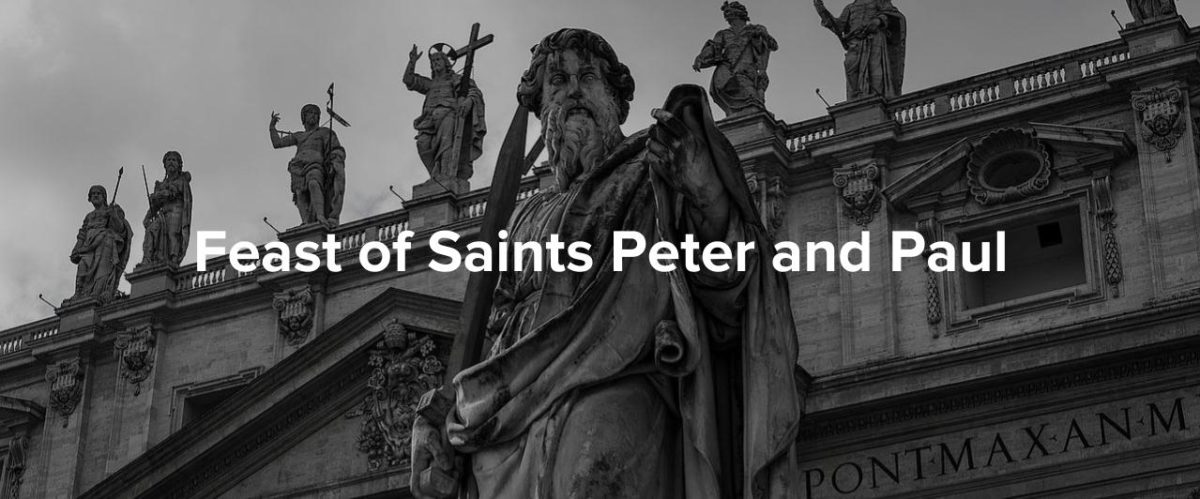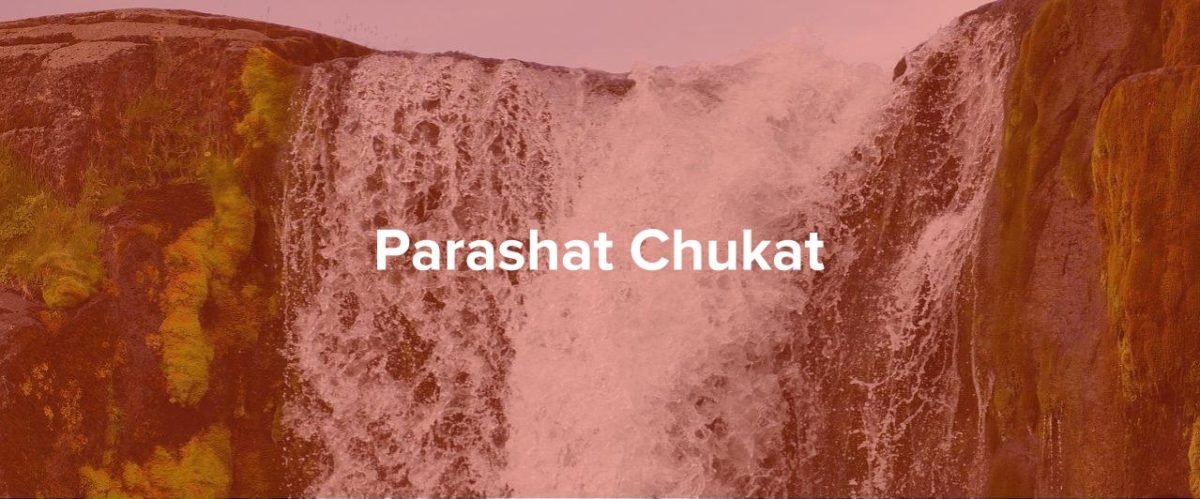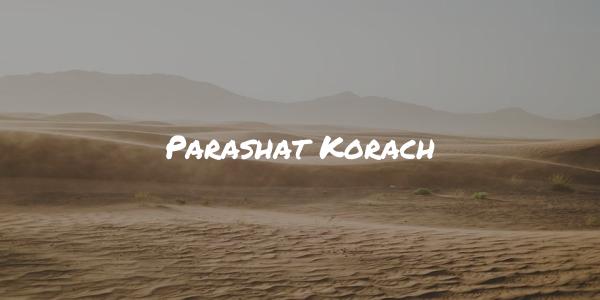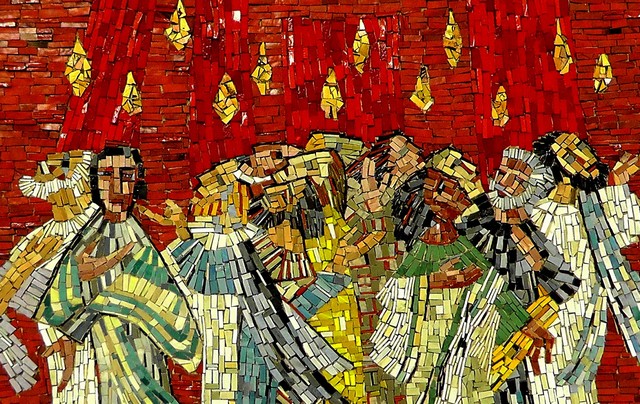
Feast of Saints Peter and Paul
13th Sunday in Ordinary Time (July 02, 2017)
Feast of Saints Peter and Paul
Acts 12:1-11; Psalm 34:2-9; 2 Tim 4:6-8, 17-18; Matt 16:13-19
Theme: “I sought the LORD, and he answered me, and delivered me. . .”
The thirteenth Sunday in Ordinary Time gives way this year to the feast of Saints Peter and Paul with a set of readings geared to help us reflect on the significance of these two central figures from the Christian story. In the first reading we are treated to the delightful story of Peter’s miraculous release from prison; while the reading from the pseudonymous Second Letter to Timothy (probably written by a member of the Pauline community some time after Paul’s death) presents Paul speaking of his impending death: “I am already being poured out as a libation, and the time of my departure has come” (2 Tim. 4:6).
Both readings speak of the protagonist being “rescued”. In Acts, Peter “came to himself and said, ‘Now I am sure that the Lord has sent his angel and rescued me. . . .’” (Acts 12:11). Second Timothy presents Paul as if anticipating his second trial in Rome after having been “rescued from the lion’s mouth” (2 Tim 4:17) at his first defense. Paul now understands his ‘rescue’ to be his being taken up into God’s heavenly kingdom, “The Lord will rescue me from every evil attack and save me for his heavenly kingdom” (v 18; see Fiore).
Both Peter and Paul could surely join the psalmist’s joyful proclamation in today’s Responsorial Psalm: “I sought the LORD, and he answered me, and delivered me from all my fears. . . . This poor soul cried, and was heard by the Lord, and was saved from every trouble” (Psalm 34:4, 6).
We presume that, as observant Jews, both Peter and Paul knew the Torah story by heart and, therefore, in response to the question of the Gospel “Who do you say I am?” would be able to situate Christ Jesus within the continuity of that story. James Sanders says it well: “It was Paul’s conviction that if one read the Torah story, emphasizing it as a story of God’s works of salvation and righteousness for ancient Israel, then one could not escape seeing that God had wrought another salvation, and committed another righteousness, in Christ just like the ones of old. . . . If you really know the Torah and know what righteousness of God is, then you know that Christ is precisely that kind of act of God” (Sanders 48, 51).
For Reflection and Discussion: Read Pierre Lenhardt’s comment: “Jesus Christ is the unlimited Word which, out of love, limited or ‘abbreviated’ itself. According to all the pharisaic masters, God limited Himself in giving His Torah to Israel ‘in human language’. . . . God went even further, God limited Himself in speaking, in the Torah, ‘according to human language’” along with the following comment of James A. Sanders: “For Judaism, Torah became the living Talmud; for Christianity, Torah became the living Christ (Rom 10:4). But Torah can finally never be lost or absorbed in the one or the other. Whatever else Christ was for the early church he was the Torah incarnate (Jer 31:31-34; Rom 10:4). . . . And Torah, in that basic sense, is the single foundation of both church and synagogue, two denominations in one Israel of God (Gal 6:15). . . . The Bible, of whichever canon, has as its basic core a Torah, a paradigm on how to affirm the oneness and integrity of God in ever-challenging circumstances, to view humanity whole and God as One, to learn, tough as it may be, that God is not Christian, God is not Jewish, God is not Muslim. God is God” (Sanders, 2005, 140-41).
Do these comments of Pierre Lenhardt and James Sanders inspire you to increase your efforts as a Bat Kol alum to take even more seriously the task to reflect on and to foster the notion of “two denominations in one Israel of God?”
Bibliography: B. Fiore, S.J., The Pastoral Epistles (Liturgical Press, 2007); D. J. Harrington, The Gospel of Matthew (Liturgical Press, 1991); P. Lenhardt, “The Importance of Jewish Sources for a Christian” (Bat Kol, 2007); J. A. Sanders, From Sacred Story to Sacred Text (Fortress Press, 1987); idem, Torah and Canon. Second Edition (Cascade Books, 2005).
This week’s Sunday Gospel Commentary was prepared by
Helen R. Graham, M.M., PhD. Bat Kol Alumna 2002, 2005, 2006, 2009.
Email address: helengraham522@gmail.com
[Copyright © 2017]
……………………………………………………………………………………………………
PLEASE NOTE: The weekly Parashah commentaries represent the research and creative thought of their authors, and are meant to stimulate deeper thinking about the meaning of the Scriptures. While they draw upon the study methods and sources employed by the Bat Kol Institute, the views and conclusions expressed in these commentaries are solely those of their authors, and do not necessarily represent the views of Bat Kol. The commentaries, along with all materials published on the Bat Kol website, are copyrighted by the writers, and are made available for personal and group study, and local church purposes. Permission needed for other purposes. Questions, comments and feedback are always welcome.
………………………………………………………………………………………………
Bat Kol Institute for Jewish Studies, Jerusalem
1983-2017
“Christians Studying the Bible within its Jewish milieu, using Jewish Sources.”
Website: www.batkol.info; Parashah Admin: gill@batkol.info















